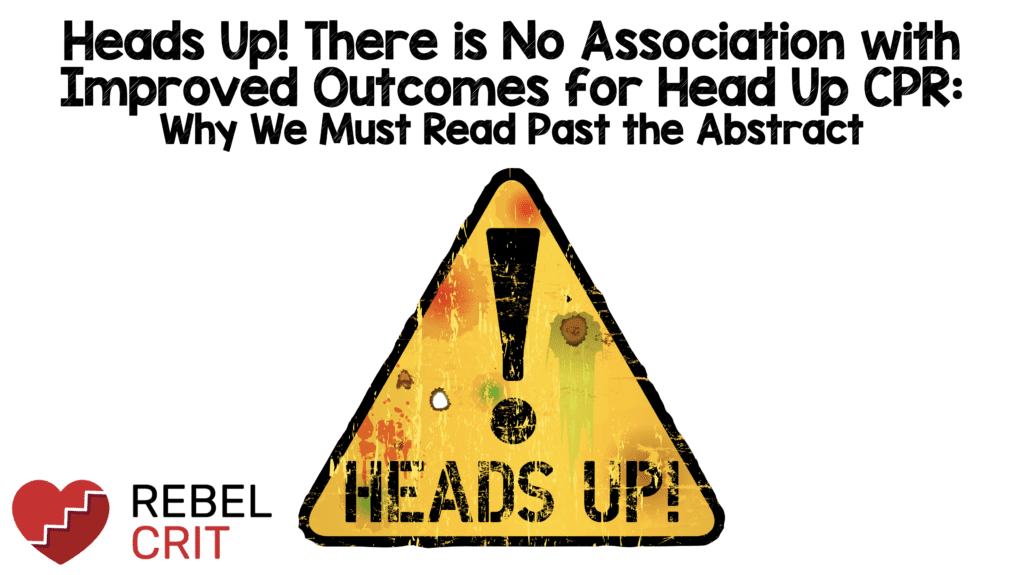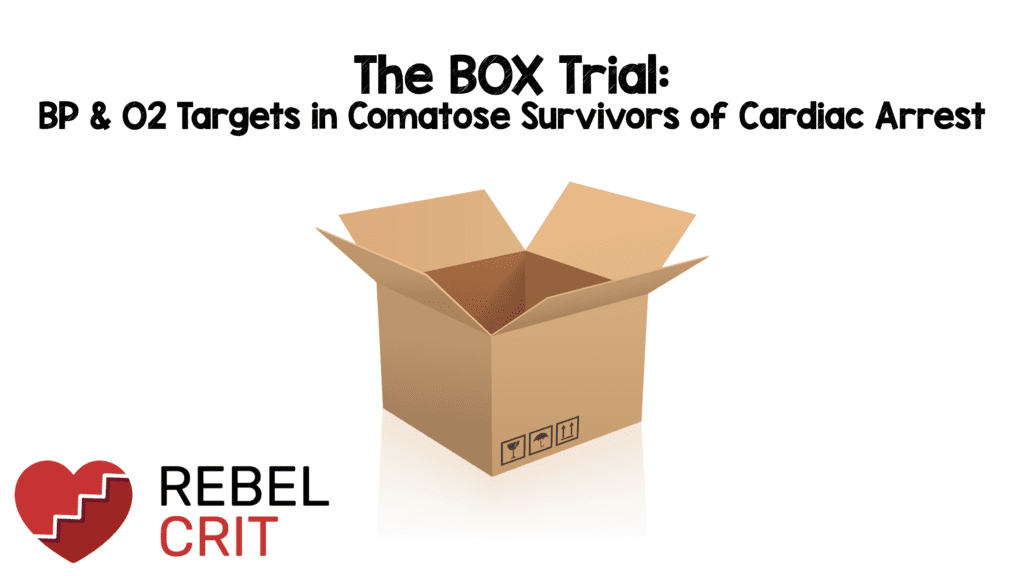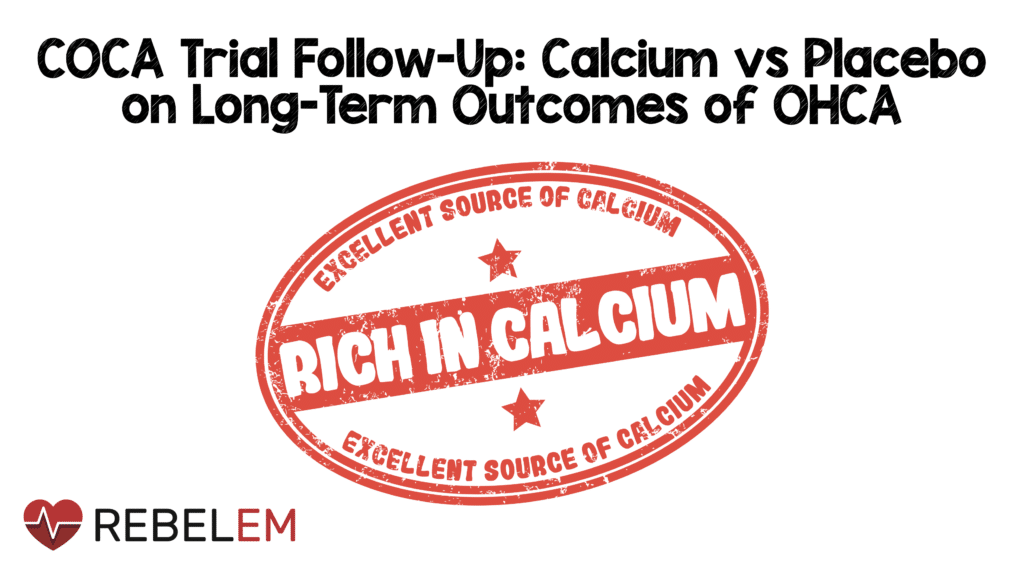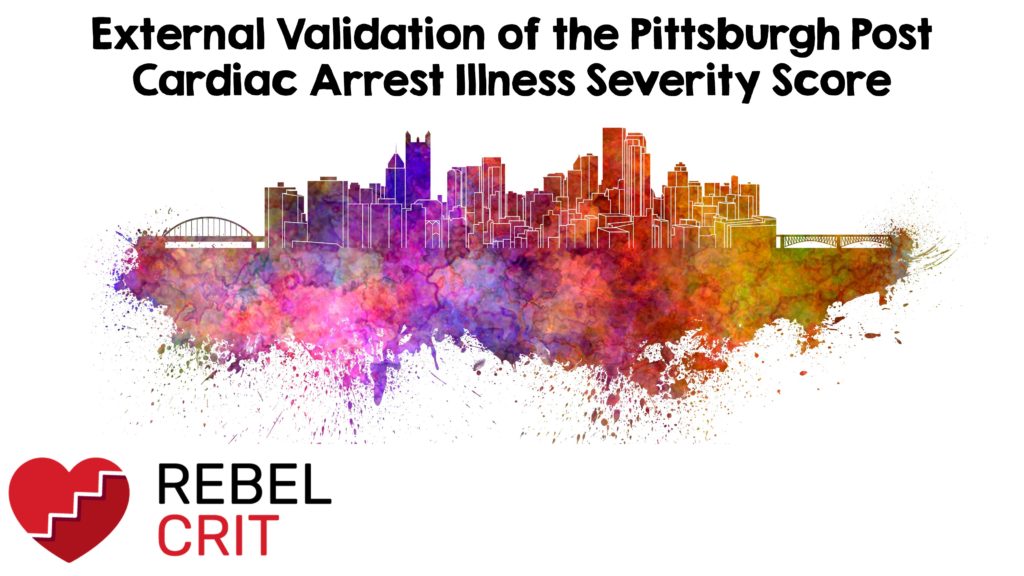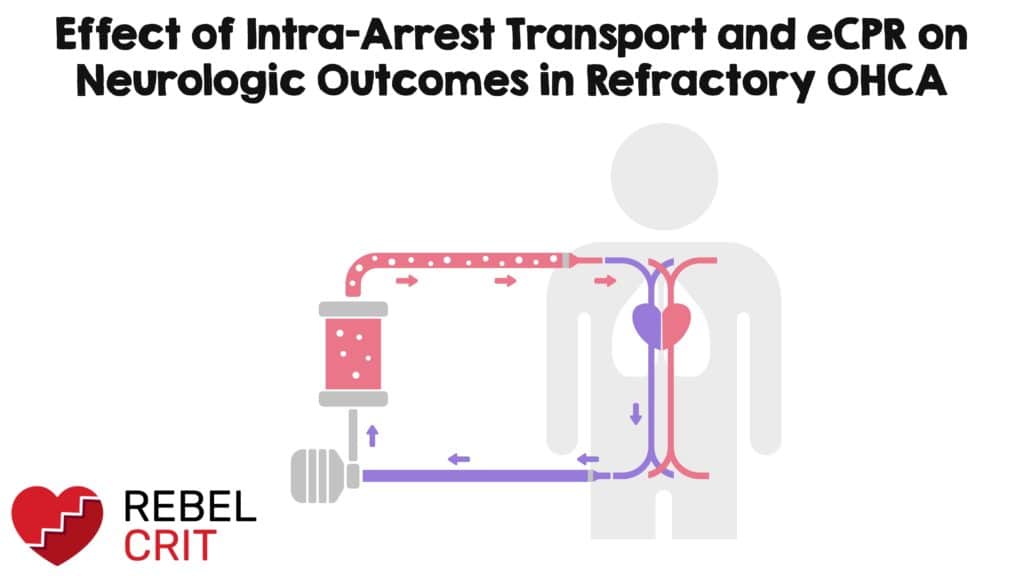Heads Up! There is No Association with Improved Outcomes for Head Up CPR: Why We Must Read Past the Abstract
Background: There are only two interventions that have been proven in the medical literature to improved outcomes in cardiac arrest: high-quality CPR and early defibrillation. Over the years, we as a scientific community have worked extensively to find other interventions …

